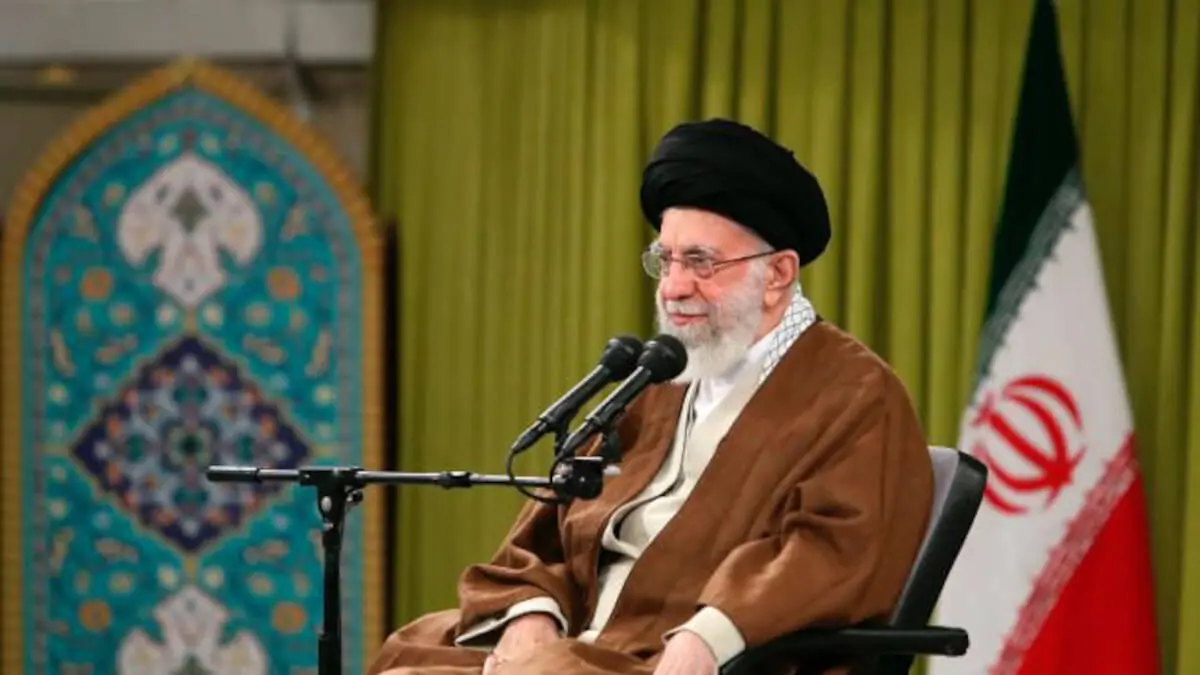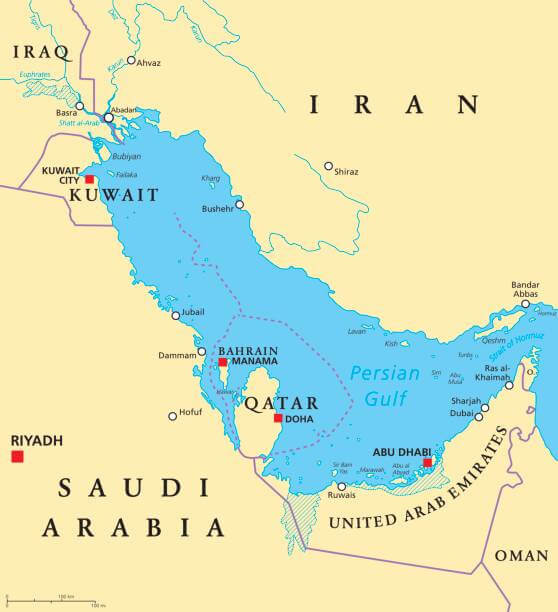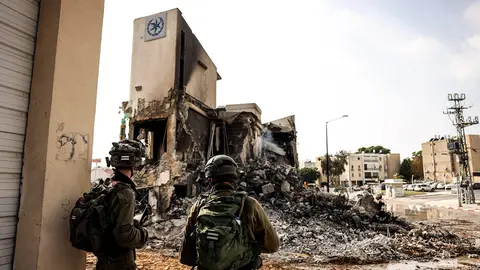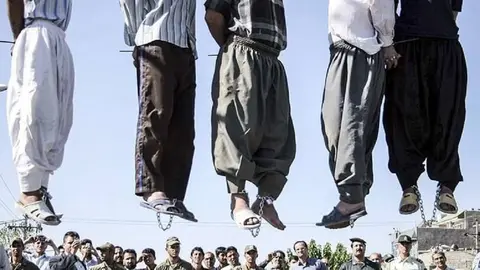The discreet Western network of Iranian leaders

Recently, in an interview with the French newspaper Le Monde, Ali Vaez, an "expert" on Iran, said that if we put too much pressure on the Iranian regime because of the devastating war in the Middle East, this regime would move more towards the construction of a nuclear bomb. Ali Vaez is part of the Brussels-based Crisis Group, which is one of the few think tanks with close relations with the Iranian Foreign Ministry.
A large number of emails discovered by two media outlets, Semafor American and the Persian-language Iran International TV channel, show that Tehran's cooperation with the Crisis Group think tank was formed through the Center for Iranian Studies affiliated with the Ministry of Defense. Iranian Foreign Affairs.
These emails show that in 2013 and 2014, Crisis Group analysts promoted the Iranian government's positions, even when they contradicted those of the Obama administration. These emails reveal that the two had signed an agreement that was never made public. These documents clearly demonstrate that the Crisis Group played a significant role in nuclear negotiations and the lifting of sanctions against Iran for nearly a decade, constantly making recommendations to the Obama, Biden and Trump administrations.
“The plan of Iranian experts”
Sémafor and Iran International, in their investigation report published in September 2023, clarified that Ali Vaez and his colleague Dina Esfandiary were part of a network of influence formed and directed by Tehran. Reports show that in 2013, a network of analysts outside Iran was formed under the title "Iranian Experts Plan" to increase Iran's influence in the political arena. Although Vaez defended his presence in this network, calling it an informal group, Zarif's memoirs and Iranian Foreign Ministry documents show how Tehran benefited from members of this network and the Crisis Group to advance its diplomacy.
According to the documents obtained, initial negotiations between the Crisis Group and the Center for Policy Studies began in 2013. At that time, Robert Malley was responsible for the Middle East and North Africa at the Crisis Group. The emails show that Malley was able to travel to Iran for the first time thanks to this network's connections. In 2014, Malley joined the Obama administration to advance nuclear negotiations with Iran. The documents show that while in the Obama administration, he continued to use Ali Vaez to send messages to Iran.

Biden’s “special envoy”
Malley became president and CEO of the Crisis Group in 2017 and was named Biden's "special envoy" on Iran in 2020. However, following recent investigations into him, his security clearance was revoked. The reason has not yet been announced, but have his relations with Iran gone beyond the official framework and transformed him into a pawn of the Iranian regime? No one knows, but the sudden cessation of his duties fuels such speculation.
Despite these revelations, Vaez still presents himself as a defender of the Iranian regime's Iranian policy on the Middle East crisis and the nuclear program. He visited the White House at least nine times last year to discuss Middle East and Iran issues with relevant officials.
The time has come for Europe and America to pay attention to the Iranian people and their unequivocal demand for the overthrow of this regime, instead of investing in the illusory equation that, by granting concessions, the regime will return to reason and will stop internal repression, war, terrorism and the nuclear program. The only guarantee of peace and stability in the region, free from war, bloodshed and arms races, is a democratic, secular and republican Iran – an outcome that the Iranian people are determined to achieve.
Published on Mondafrique



